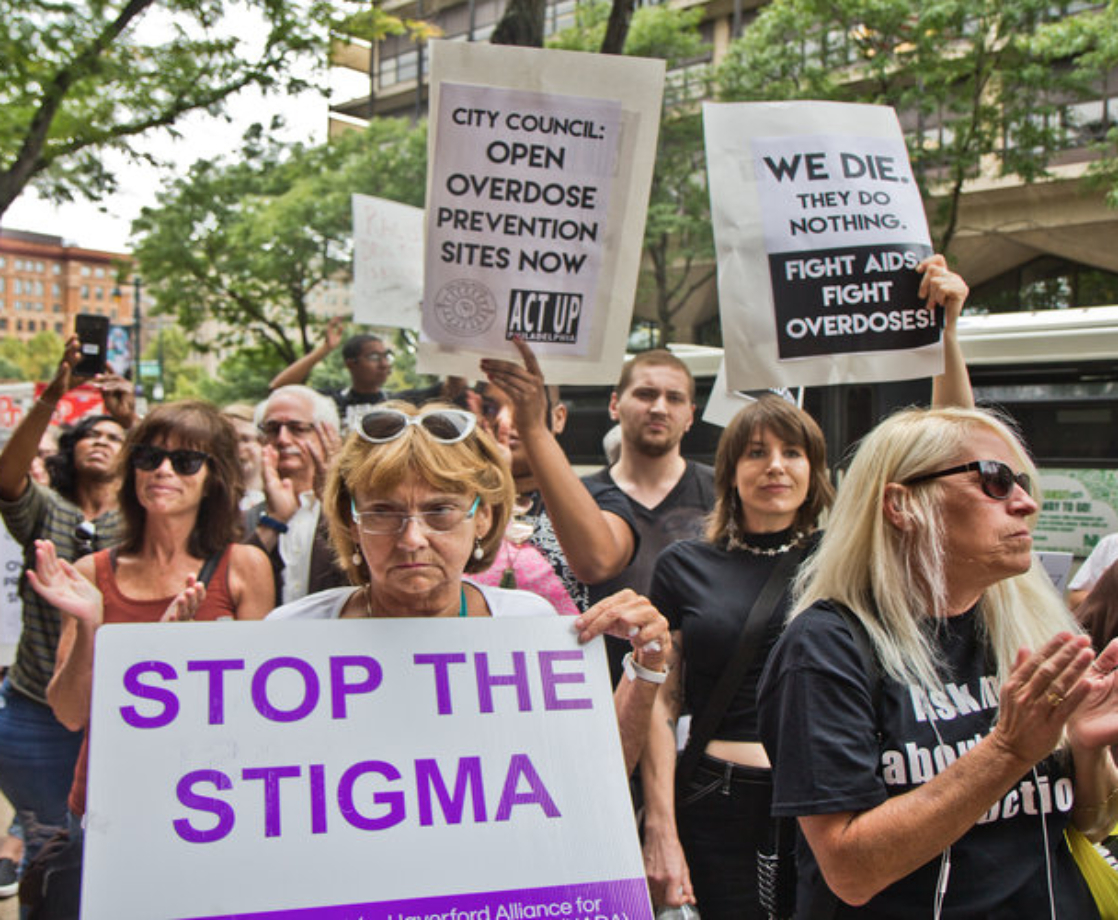A Canadian company’s record-breaking cannabis shipment from South Africa to North Macedonia could be a telltale sign that Africa’s legal corporate cannabis industry is set to boom in 2022.
Last Christmas, the Virginia-based Instadose Pharma Corp transported two tons of medical weed, African Business reported. That’s a new high for the continent, following Lesotho’s Highland Investments shipped 8,500-kilograms of herb to Europe last August.
This could be good news, say some market experts. The University of Capetown recently published an interview with Nqobile Bundwini, a lecturer at its school of management studies, who said South Africa’s legal cannabis could help the country’s troubled economy — if it can diffuse heavy stigmas that continue to surround the drug.
“The biggest stigma associated with cannabis is those negative perceptions about its uses and its effects,” said Bundwini. “It’s the general undesirable picture of cannabis users being unintelligent, lazy, unhygienic, and even dangerous. This leads to discrimination in professional and social contexts.”
Some steps have been taken to lightening persecution of African cannabis consumers. South Africa leads the continent in this respect, and has decriminalized the private use, possession, and cultivation of cannabis by adults. Should individuals leave the house with their stash, however, they can be subject to criminal charges. Cannabis patients can access CBD products with a prescription, while THC medicinal products are subject to tighter regulation. The issue of expungement for prior cannabis-related charges is being considered under the Cannabis for Private Purposes Bill, which has been making its way through the legislature after being introduced in September 2020.
Not surprisingly, corporations are already making big bucks off the plant in Africa.
The country of Lesotho — a longtime supplier of unlicensed weed throughout Africa, according to a 2005 UN report — regulated the production of cannabis for medicinal purposes in 2017. Those licenses have largely gone to foreign companies, including to the now-defunct African operations of Canadian corporation Canopy. Last year, Lesotho became the first country on the continent to receive permission to export cannabis to the EU.
It’s important to remember in this foreigner-focused push to legalize that Africans consume and produce cannabis outside of government-approved industries. Researchers have found that the practice of smoking cannabis likely began in Africa. The 2005 United Nations report found that 38.2 million people, or 7.7 percent of Africa’s total population, consumed the drug, twice that of the global average at the time. The report also found that Africa led the world in levels of cannabis production, with Morocco having the largest documented cannabis cultivation areas — no surprise that the country has been found to have the highest amount of cannabis resin production worldwide, too.
There has been some pushback by Africans against a regulatory system that some see as built around enriching foreign corporations. The discriminatory granting of business licenses to large companies has led to protests by South Africa’s Black farming organizations, who have called for the federal agency regulating cannabis to be shut down.
Africa’s licensed cannabis industry could be worth up to $7.1 billion USD by 2023, according to 2019 report by Prohibition Partners, a European marketing research firm.
Follow Caitlin on Instagram











